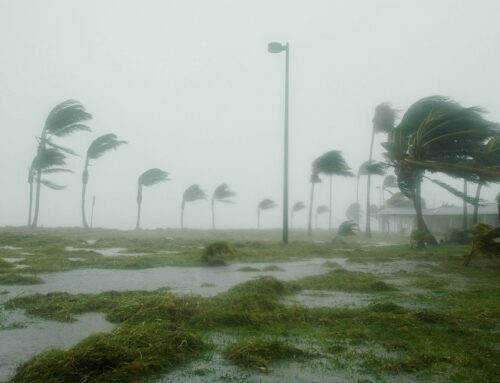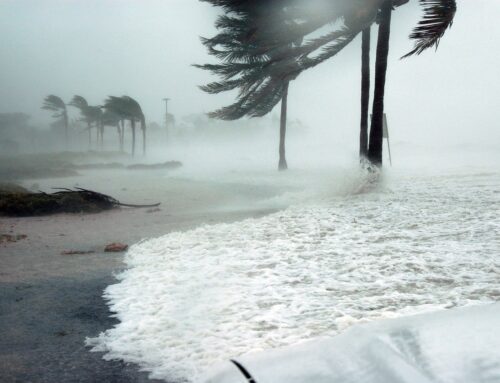Florida residents are no strangers to hurricane season. From June to November, it’s not unusual to see swirling radar images, constant weather updates, and preparations for the next big storm. But one question homeowners often ask—especially as a storm approaches—is: “Why can’t I update or change my insurance coverage?” The answer lies in how the insurance industry operates when a named storm is on the radar. Understanding their process can help you plan smarter, modify insurance early, and stay protected well before the winds pick up.
What Is a Named Storm?
A named storm is any tropical storm or hurricane that has been formally designated with a name by the National Hurricane Center. Once a storm reaches this status, it signals a higher likelihood of widespread damage, triggering a response from both emergency officials and insurance companies.
Why Insurance Changes Are Restricted
When a named storm is forecasted to impact Florida, insurance companies typically impose a binding moratorium—a temporary freeze on issuing new policies or making changes to existing ones. This can include:
- Increasing coverage limits
- Adding wind or flood coverage
- Purchasing a brand-new policy
Here’s why this freeze occurs:
- To Prevent Opportunistic Risk: Insurance is based on shared risk. Everyone pays premiums throughout the year to cover unexpected losses when they happen. If people were allowed to wait until a hurricane was imminent to modify insurance coverage or buy a new policy, it would create an unfair imbalance. This would be like buying car insurance at the scene of an accident. Binding restrictions protect the system from what’s known as “adverse selection”—where people only seek coverage when they’re certain a loss is likely. It would cause premiums to skyrocket for everyone.
- Operational Strain: During storm preparation, insurers focus heavily on logistics, staffing, and customer service. Adjusters are on alert, emergency protocols are activated, and company resources are redirected toward responding to claims.
Issuing new policies or adjusting existing ones would complicate operations and open the door to potential fraud. Binding restrictions keep things clear and manageable during a high-stress, high-risk window. - Financial Stability: Insurers have to maintain a financial reserve to pay claims. A sudden rush of high-risk coverage purchases before a named storm could overwhelm this reserve. The moratorium protects the financial integrity of the insurer—and ensures they can pay out legitimate claims for customers already covered.
How You Can Stay Prepared
The most important takeaway from this information? Don’t wait until hurricane season to review and modify insurance coverage. Stay ahead by reviewing your policy every year before June 1, looking at your windstorm, hurricane, and flood coverage. Be sure that you understand your deductibles. Hurricane deductibles in Florida are usually separate and higher than standard ones.
Call your insurance provider and ask about flood insurance. Standard homeowners policies do not cover flooding—and flood insurance has a 30-day waiting period.
Also, be sure to document your property before storm season. Take photos or videos of your home and belongings for easier claims processing later.
When Do Restrictions Lift?
Insurance moratoriums are usually lifted once the storm passes and the threat subsides. The exact timing depends on the storm’s path and impact zone. At that point, insurers will resume regular operations, and you can make policy changes again—but that’s not the ideal time to start thinking about protection.
Call Anderson & Associates Insurance Group to Modify Insurance Policies
It may feel frustrating to be told you can’t modify insurance right before a storm, but these rules exist to protect you and the entire insurance pool. The key is preparation—not reaction. If you live in Florida, make reviewing your homeowners insurance part of your early summer checklist.
Anderson & Associates Insurance Group offers the expertise and knowledge you need to make prudent insurance decisions for your property. Call today, before the storms arrive.










